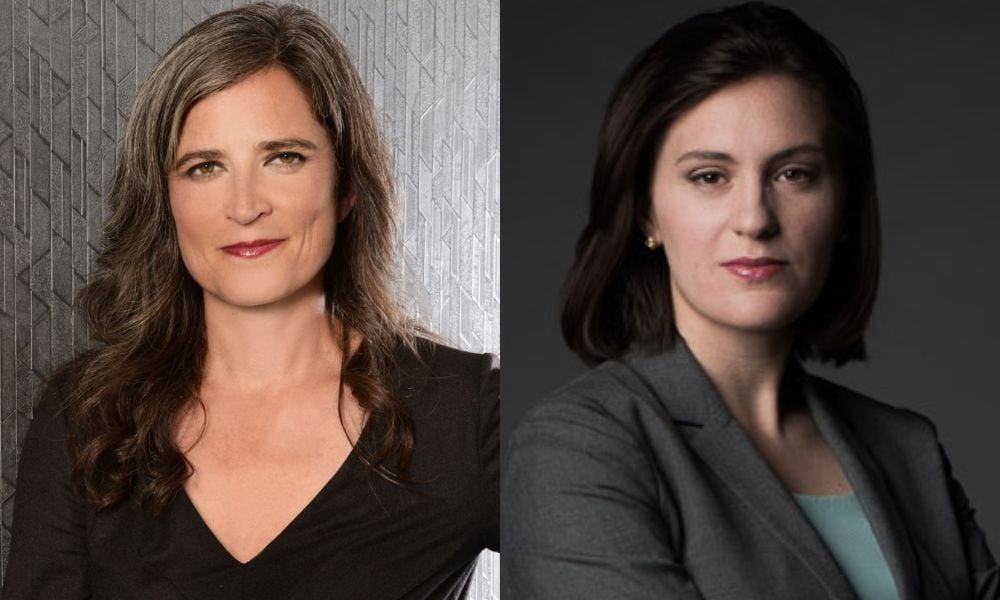An intervenor says appellate reviews should maintain same standard for all offences

In a case about the correct analysis for determining the admissibility of hearsay evidence, the Supreme Court of Canada has allowed a Crown appeal and restored a man’s sexual assault conviction.
The SCC heard the appeal on Jan. 10 and delivered an oral judgment from the bench. With seven judges in attendance, six allowed the appeal and restored the conviction. The majority said it made the decision “substantially for the reasons of the dissenting judge” of the Ontario Court of Appeal. Justice Malcolm Rowe would have dismissed the appeal and endorsed the reasons of the Court of Appeal’s majority.
In R. v. SS, an Ontario court convicted the respondent, SS, of sexual assault and sexual interference involving his seven-year-old niece. A key piece of evidence was a videotaped police interview with the victim in which she described what happened in detail. But two years later, at the preliminary inquiry, she said she did not remember making the statement.
To analyze the victim, the Crown hired a child psychologist who concluded that she was scared that if she spoke about the abuse again, she would be taken away from her mother. Following her initial police interview, the Children’s Aid Society took the victim out of her mother’s care and placed her in a foster home, where she stayed for 17 months.
The Crown sought to have the videotaped statement admitted into evidence at trial. The judge found that the tape could be admitted under the principled exception to the hearsay rule based on necessity and threshold reliability requirements. He accepted the psychologist’s opinion that the victim could not be called on to testify.
SS appealed and argued that the judge had erred by admitting the police statement based on a finding of threshold reliability. The Court of Appeal was split, with the majority agreeing with SS that the trial judge had erred in law by admitting the victim’s statement. The majority allowed the appeal and set aside his conviction.
The parties could not cross-examine the victim at trial. So, the judge relied on the videotape for her account of the assault. SS successfully argued at the Court of Appeal that the judge had improperly found that the absence of cross-examination was of “limited relevance” to the threshold reliability analysis.
SS’s position at the SCC was that the Court of Appeal majority had correctly determined that the trial judge did not apply the correct analysis when assessing the admissibility of the hearsay statement, had erred that the statement met the standard for threshold liability, and by finding, without explanation or analysis, that the victim had no motive to lie.
According to the Crown, the Court of Appeal’s majority made three errors. The Crown argued that the majority was wrong in finding that the trial judge “improperly downplayed” the importance of cross-examination in determining threshold reliability, had improperly reweighed evidence related to the victim’s “perception and sincerity,” and incorrectly interfered with the trial judge’s assessment of the victim’s motive to fabricate.
The Crown said that all three errors failed “to approach the trial judge’s findings from a posture of deference,” and the majority had falsely identified their disagreement with the trial judge’s “reasonable view of the evidence” with a legal error.
Maija Martin and Nicola Langille represented the Criminal Lawyers' Association of Ontario as intervenor. The CLA got involved in the appeal to press the importance of appellate reviews maintaining “the same standard for all criminal offences, including sexual offences,” Martin says.
“Wherever there is a legal issue, appellate courts decide that issue on a standard of correctness. What that means is if the trial judge got the law wrong, the appellate court should intervene. When we’re looking at the admissibility of hearsay evidence, we say that’s a legal issue. If the trial judge gets it wrong, the appellate court should intervene.”
“Trial judges shouldn't be owed deference on legal issues, such as the admissibility of hearsay evidence.”










